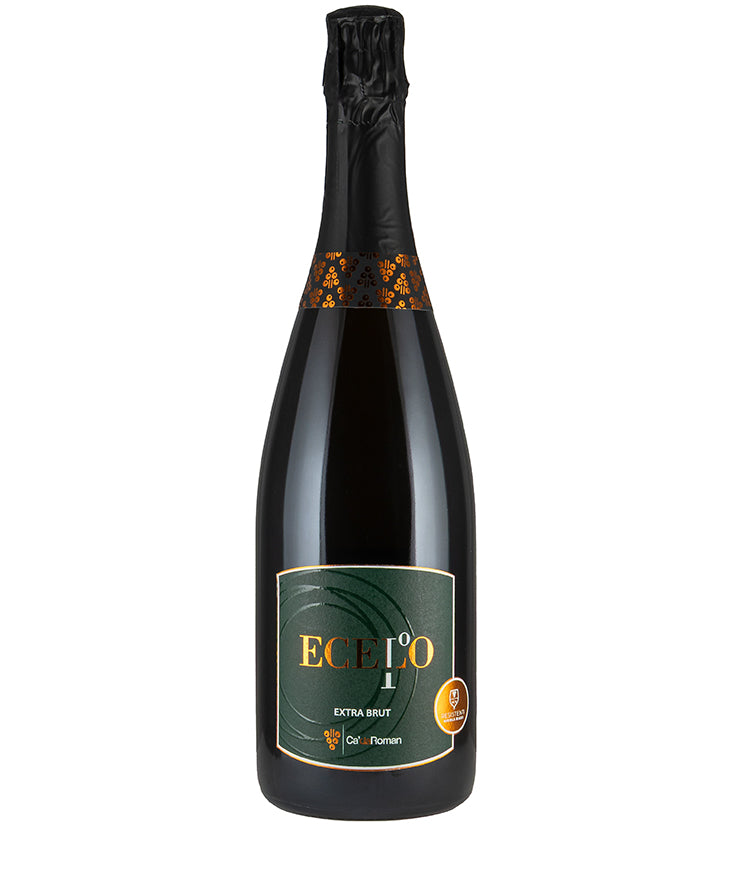Veneto (PIWI)
Ca' da Roman Ecelo I Extra Brut 2021
Couldn't load pickup availability
More Information
Share
Fresh and vibrant, in the glass it reveals fine bubbles that illuminate the golden tones of this sparkling wine. Made with the classic method, it offers a varied bouquet ranging from citrus and spices to pastries and yeast, with hints of hazelnut and almond. The taste is fresh, smooth, and mineral, with a dry finish that immediately makes you crave another sip. Mineral sensations and aromatic nuances linger for a few seconds, revealing the overall harmony. Precision and elegance. There’s no comparison: Ecelo I stands out for its strong personality.
Ca' da Roman Ecelo I Extra Brut: the Producer
This organic farm is located in the lands of the Ezzelini, a powerful medieval dynasty to which all the labels aside from the flagship “369” were dedicated. The wines all have a “disheveled character” thanks to the breezes that caress Monte Grappa, MAB Unesco Biosphere Reserve, at the foot of which is the 18-hectare estate, of which 7 are cultivated exclusively with resistant PIWI grapes, while the rest is dedicated to biodiversity with olive groves, fruit orchards, vegetable gardens, sowable land and close attention to the territory.
Ca' da Roman Ecelo I Extra Brut: the Philosophy
We are a network of wineries, made up of eight farms operating in different territories between Friuli, Veneto, and Trentino, from the Adriatic Sea to the Dolomites. Guided by enologist Nicola Biasi, we have chosen to produce wines that combine qualitative excellence with tangible sustainability, from the vineyard to the bottle. To do this, we have focused on vines resistant to fungal diseases, also known as PIWI. This safeguarding of the territory, combined with precision viticulture and dedicated, scrupulous enology, allows us to enhance the properties of these new varieties and win over even the most demanding
palates.
PIWI wines: beyond Organics
PIWI wines are produced from fungus-resistant grape varieties, known as PIWI (from the German Pilzwiderstandsfähig), which are bred through natural crossbreeding to resist common vineyard diseases like powdery and downy mildew. These resistant varieties significantly reduce the need for chemical pesticides, making them a cornerstone of sustainable viticulture. As climate change and environmental concerns reshape the wine industry, PIWI wines offer a viable, eco-friendly solution by promoting biodiversity, reducing carbon footprints, and enabling low-intervention farming. With growing interest in organic wines and sustainable agriculture, PIWI wines are increasingly seen as the future of responsible winemaking.
Resistant grape varietals are today the best and most effective way to achieve truly sustainable winemaking. Their natural resistance to fungal diseases allows for a drastic reduction in the number of treatments, for an effective protection of the environment, the territories, and the people.



